Learning Myths vs Science/ Approaches to Creating Effective Learning
TechSmith Camtasia
FEBRUARY 9, 2022
He’s an award-winning consultant, an internationally known speaker, and author of six books. It all started when people realized that philosophers, linguists, neuroscientists, and psychologists all had valuable knowledge of the human brain but were just not sharing it with each other. And it turns out, that’s just so wrong.

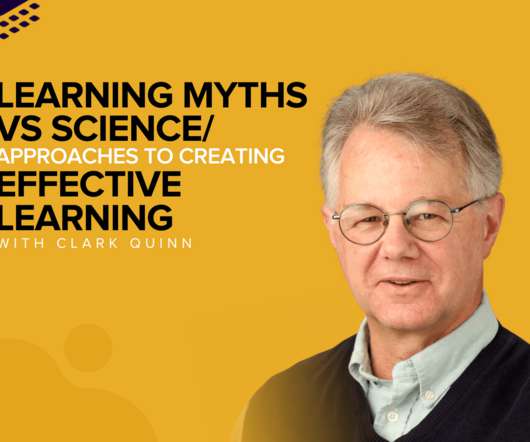

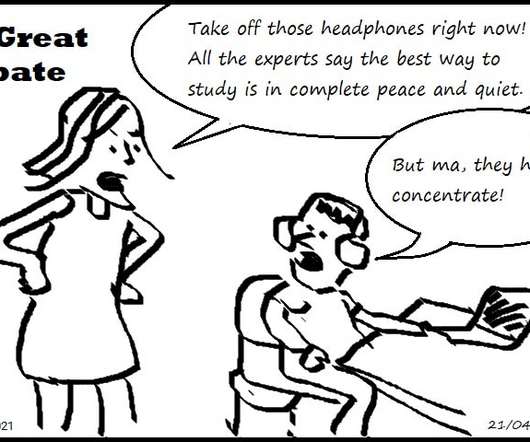



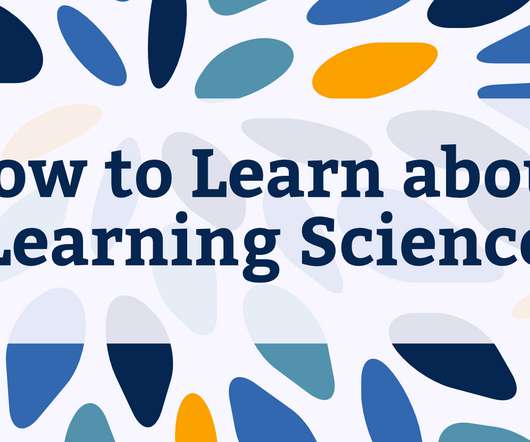
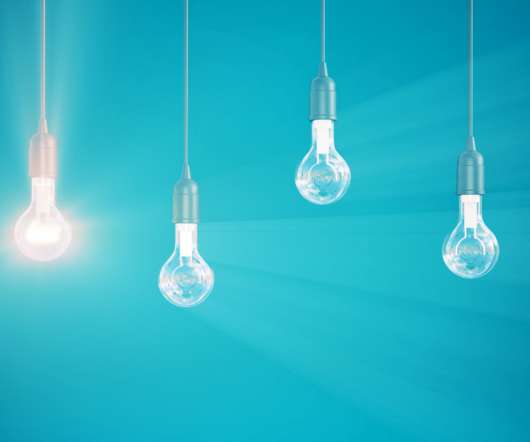

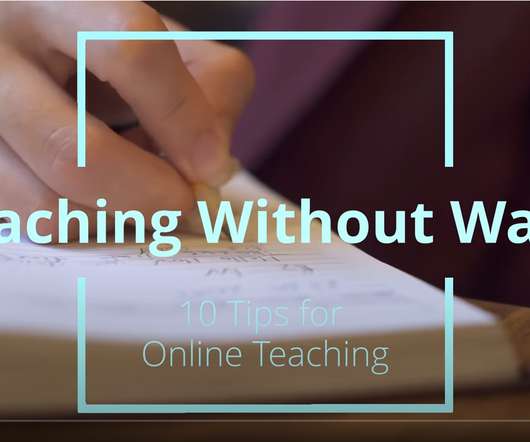





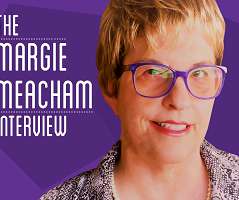











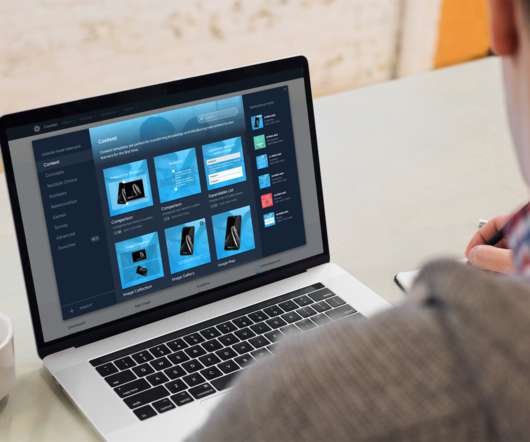













Let's personalize your content